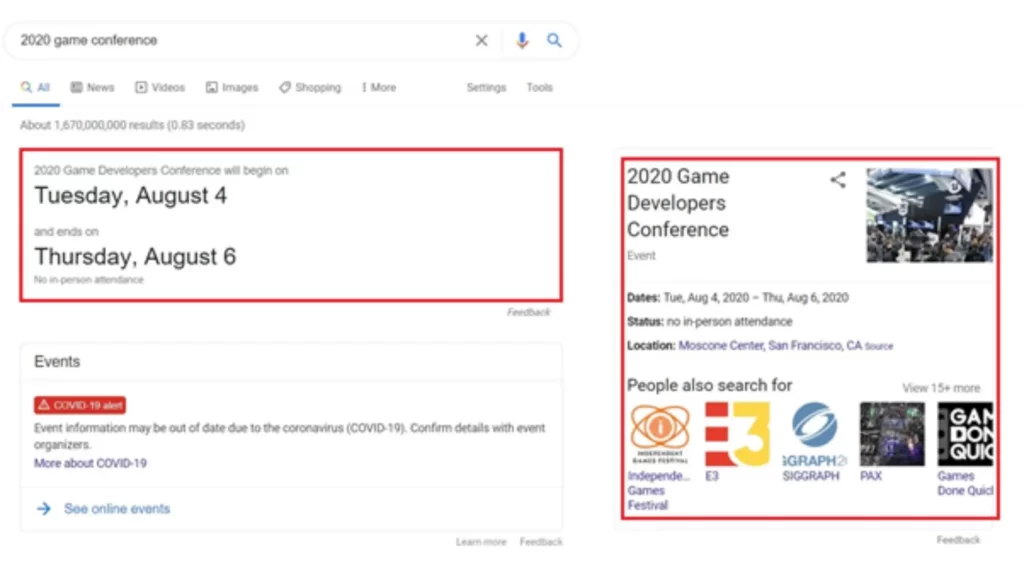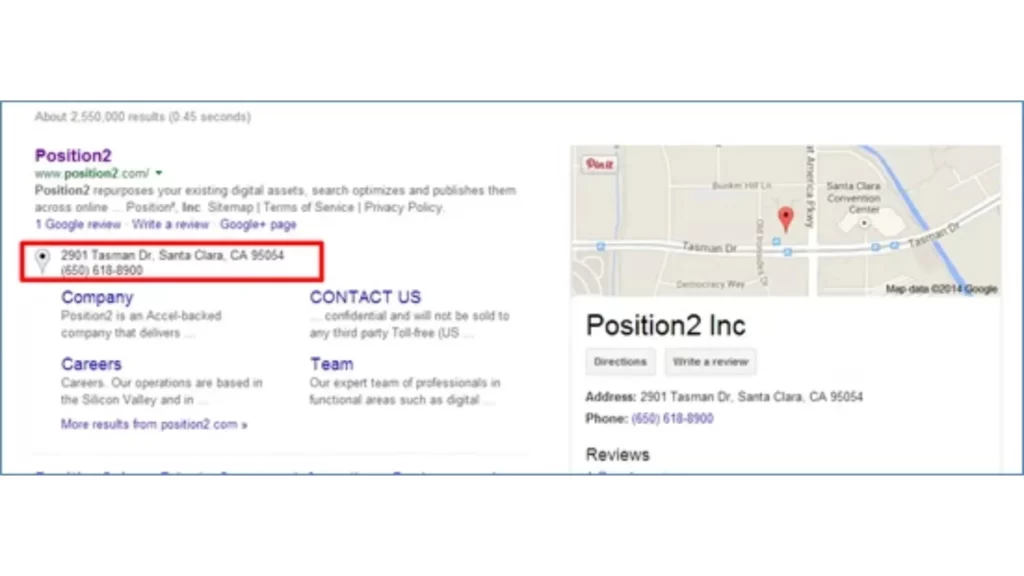Have you ever wondered how search engines understand and interpret the content on your website?
The answer is schema markups!
Schema markups are a powerful tool that helps search engines better understand the information on your web pages. In this ultimate guide, we’ll demystify schema markups and provide you with everything you need to know to harness their potential. So, let’s dive in!
What are Schema Markups?
Schema markups, also known as structured data or microdata, are snippets of code added to your website’s HTML that provide additional context about the content on your web pages. They help search engines like Google, Bing, and Yahoo better understand the meaning and structure of your content.
Why are Schema Markups Important?
Schema markups have become increasingly important for search engine optimization (SEO) because they enhance the visibility and presentation of your website’s content in search engine results pages (SERPs). By implementing schema markups, you can provide search engines with detailed information about your business, products, services, events, articles, and much more.
How do Schema Markups Work?
Schema markups use a standardized vocabulary, called Schema.org, to annotate your web pages. This vocabulary includes various types of markup, such as organization, product, review, event, recipe, and many others. By including relevant schema markups, you can tell search engines what each piece of content on your website represents. Read more.
Benefits of Schema Markups
Enhanced Search Results: Schema markups enable search engines to display rich snippets, which are more visually appealing and informative than regular search results. Rich snippets can include ratings, reviews, pricing, images, and other valuable information, making your content stand out from the competition.
Improved Click-through Rates (CTRs): With eye-catching rich snippets, your web pages are more likely to attract users’ attention and entice them to click through to your website. Higher CTRs can lead to increased organic traffic and better overall visibility.
Better Understanding of Content: Schema markups help search engines understand the context and relationships between different elements of your content. This enhanced understanding can improve your website’s relevance and accuracy in search results.
Voice Search Optimization: As voice search continues to gain popularity, schema markups play a crucial role in ensuring your content is accurately understood and presented to users. By incorporating schema markups, you increase the chances of appearing in voice search results.
Implementing Schema Markups
Identify Relevant Schema Types: Start by identifying the most relevant schema types for your content. You can explore the Schema.org website to find the appropriate schema markup types for various types of content, such as articles, products, events, and more.
Generate Markup Code: Once you have identified the schema types, you can use online tools like Google’s Structured Data Markup Helper or Schema.org’s markup generator to create the necessary markup code.
Add Markup to Your Website: Insert the generated markup code into the HTML of your web pages. You can place it directly in the relevant sections or use plugins or tools that simplify the process.
Test and Validate: After implementing schema markups, it’s essential to test them using Google’s Structured Data Testing Tool or the Rich Results Test to ensure they are correctly implemented and understood by search engines.
Keep in mind that schema markups should be used to complement, not replace, high-quality content. While markups can enhance your website’s visibility and presentation, it’s essential to focus on delivering valuable and engaging content to your users.
10 Types of Schema You Can Use According to Your Website
1. Article Schema: This schema is used for web pages that contain articles, blog posts, or news items. It helps search engines understand the structure and content of the article, including its title, author, publication date, and main body.

2. Breadcrumb Schema: Breadcrumb schema helps to display hierarchical navigation paths on your website. It provides search engines with a clear understanding of the page’s position within the site’s structure.

3. FAQ Schema: Frequently Asked Questions (FAQ) schema is used to mark up a list of questions and answers on your website. It helps search engines display your FAQs directly in search results, making them more visible to users.

4. Review Schema: Review schema is used for pages that feature product or service reviews. It helps search engines understand the rating, reviewer’s name, and additional information about the review, enabling them to display rich snippets in search results.

5. Event Schema: Event schema is used for web pages that provide information about upcoming events, such as conferences, concerts, or workshops. It helps search engines display event details, including the date, time, location, and ticket information.

6. Local Business Schema: Local Business schema is used for businesses with a physical location. It helps search engines understand important details about your business, such as name, address, phone number, opening hours, and customer reviews.

7. Product Schema: Product schema is used for web pages that display specific products. It provides search engines with detailed information about the product, including its name, brand, price, availability, and reviews.

8. Recipe Schema: Recipe schema is used for web pages that provide cooking or recipe instructions. It helps search engines understand the ingredients, cooking time, nutritional information, and user reviews related to the recipe.

9. Video Schema: Video schema is used for web pages that contain videos. It helps search engines understand the video content, including its title, description, duration, and thumbnail image, allowing them to display video-rich snippets in search results.

10. Organization Schema: Organization schema is used to mark up information about an organization, such as a company or non-profit. It helps search engines understand the organization’s name, logo, contact information, social media profiles, and other relevant details.

Read more blogs here
Conclusion
Schema markups are a valuable SEO technique that can significantly improve your website’s visibility and presentation in search engine results. By providing search engines with structured data about your content, you can enhance the understanding and relevance of your website, attract more users, and increase your click-through rates.
Remember to research the appropriate schema types for your content, generate the markup code, implement it correctly, and regularly test and validate your markups. With schema markups in place, you’ll be on your way to standing out from the crowd and enjoying the benefits of increased organic traffic and improved user engagement.
FAQs
Schema markup is a code that you put on your website to help search engines understand your content better. It uses structured data to provide additional context and meaning to the information on your webpage.
Schema markup helps search engines like Google understand the content of your website more accurately. It can enhance your search engine visibility, increase click-through rates, and provide more relevant information to users in search results.
Schema markup works by adding structured data to your HTML code. This data is written in a specific format called Schema.org vocabulary, which search engines can interpret. The markup includes specific properties and values that describe different aspects of your content, such as product details, ratings, event information, and more.
Using schema markup can have several benefits, including:
Improved search engine visibility
Richer search results with additional information
Increased click-through rates
Better understanding of your content by search engines
Enhanced user experience with more relevant and detailed information
To implement schema markup, you need to add the appropriate schema.org vocabulary to your HTML code. You can manually add the markup, or you can use online tools or plugins that generate the code for you. Once you’ve added the schema markup, you can test it using Google’s Structured Data Testing Tool to ensure it’s working correctly.
Almost any type of content can benefit from schema markup. Some common types include:
Products
Reviews and ratings
Local businesses
Events
Recipes
Articles and blog posts
Videos
FAQs
Yes, there are various types of schema markup depending on the content you want to mark up. Some popular types include Article, Review, Recipe, LocalBusiness, Event, FAQ, and many more. You can find a comprehensive list of schema types on the Schema.org website.
Schema markup itself is not a direct ranking factor. However, implementing schema markup can indirectly impact your rankings by improving your visibility in search results and enhancing the user experience. It can lead to higher click-through rates, which can contribute to better search engine rankings over time.
While major search engines like Google, Bing, and Yahoo support schema markup, the level of support and display of rich results may vary. Google, in particular, has been a strong proponent of schema markup and provides extensive documentation and tools for implementing it effectively.
Yes, schema markup can be used on both desktop and mobile websites. It is important to ensure that your schema markup is implemented correctly and is compatible with the mobile version of your site for a seamless user experience across devices.







